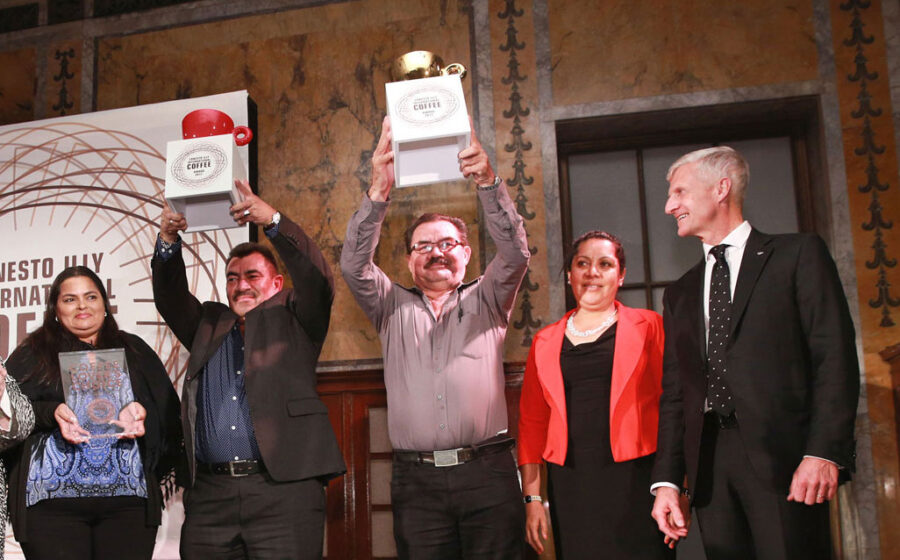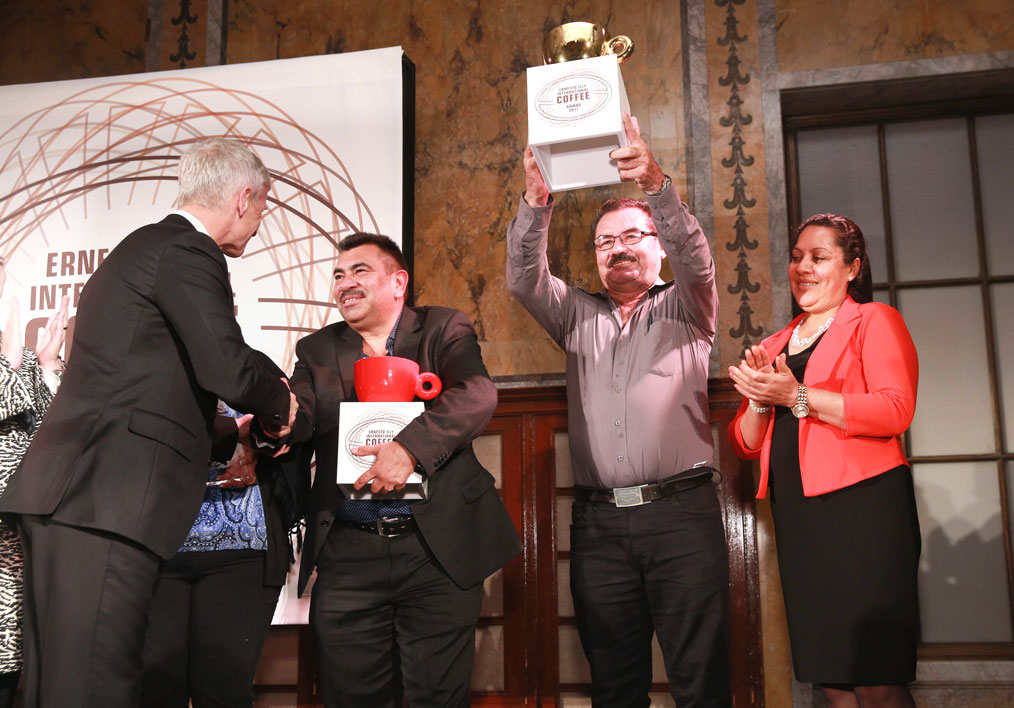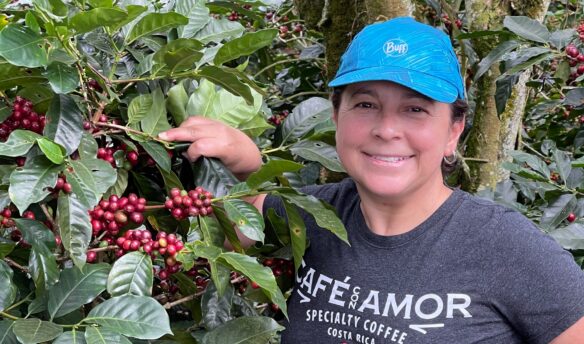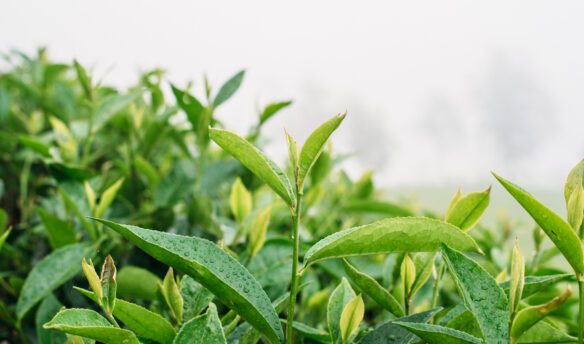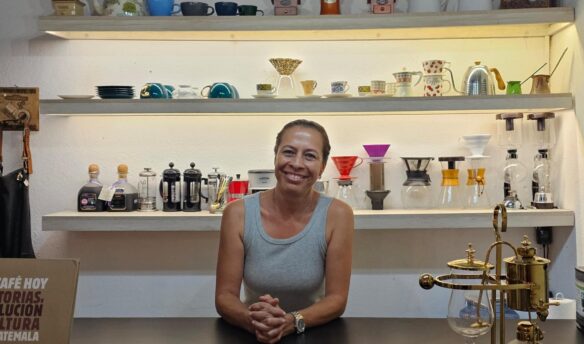[T]he winner of the second annual Ernesto Illy International Coffee Award was announced on Monday, October 16, to a crowd gathered at the United Nations in New York City. Following rounds of blind tastings by an international, independent jury of top culinary and coffee experts, Illycaffè designated coffee beans grown by Honduras’s José Abelardo Díaz Enamorado as the “Best of the Best” during the evening’s awards ceremony.
Díaz Enamorado and his wife, Daysi Clemencia Reyes, began planting coffee in 1966, in the village of El Chimizal, in the region of Erandique. They initially planted only 3.5 acres (just over 1.4 hectares), and have grown to be world-renowned producers in the decades since.
“It is an honor and a pleasure to recognize Mr. Díaz Enamorado for his achievement, and that of all of our finalists, which is nothing less than producing the highest-quality coffee in the world through sustainable methods,” says Andrea Illy, chairman of Illycaffè.
The Ernesto llly International Coffee Award, named for Illy’s visionary, second-generation leader, recognizes excellence in raising coffee of the highest quality through sustainable means. The award is rooted in a program that Illy established nearly three decades ago in Brazil, originally called Premio de Qualidade do Cafè para Espresso, that drove Illy’s transformation to a company that today purchases nearly 100 percent of its coffee beans directly from producers able to meet its exacting quality standards, at a guaranteed premium over market prices.
Díaz Enamorado’s top-scoring coffee lot was selected from among 27 of the world’s best lots from the 2016/2017 harvests in nine producing countries. These lots were chosen following intensive analysis at Illy’s Quality Lab in Trieste, Italy, and included competitors from Brazil, Colombia, Costa Rica, Ethiopia, Guatemala, India, Nicaragua, and Rwanda. Representatives of each grower and delegates from each nation attended the awards gala.
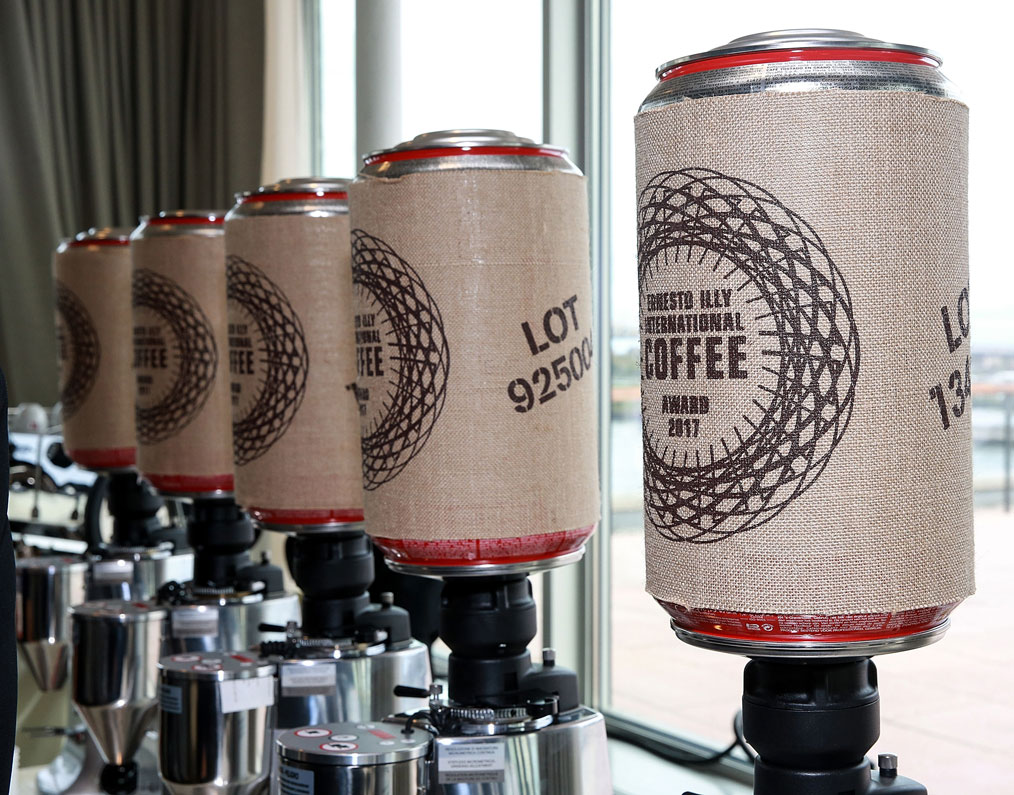
In addition to Díaz Enamorado’s “Best of the Best” honor, a “Coffee Lover’s Choice” award—determined by blind consumer tastings—was awarded to Juan Carlos Alvarez from Costa Rica.



